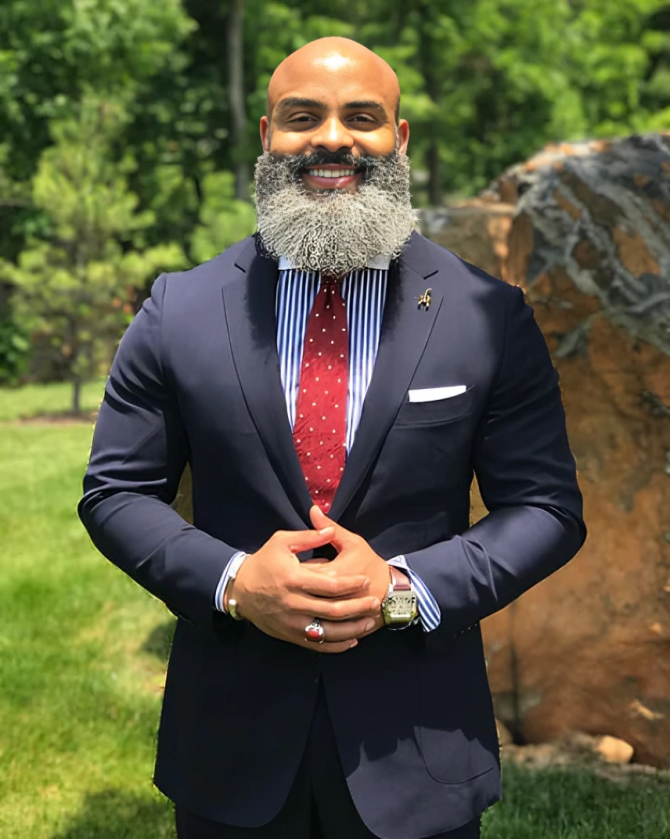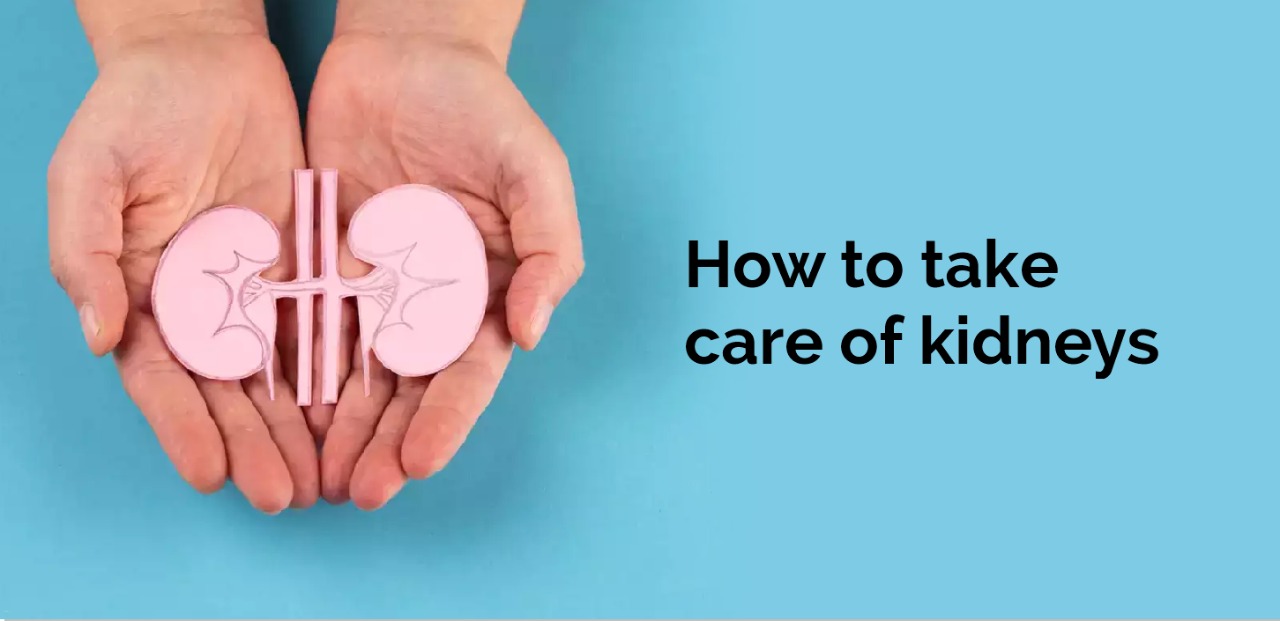Jobs you cant work if you have a very long beard
For individuals pursuing careers in these fields,keeping beards short or opting for a clean-shaven look, is a necessary part of the job.

For individuals pursuing careers in these fields,keeping beards short or opting for a clean-shaven look, is a necessary part of the job.
In many professions, appearance matters as much as skills and expertise. While the popularity of beards has surged in recent years, there are still numerous occupations where sporting a long, flowing beard isn't just discouraged—it's against the rules.
From safety concerns to hygiene standards, certain jobs necessitate a clean-cut look. Let's explore some professions where having a shorter beard is a professional requirement.
1. Healthcare professionals
In the medical field, maintaining a sterile environment is paramount. For this reason, many healthcare facilities have grooming policies that restrict facial hair, particularly long beards, to ensure that protective masks, respirators, and other personal protective equipment (PPE) fit securely.
Doctors, nurses, surgeons, and other healthcare workers often need to adhere to these guidelines to minimise the risk of contamination and maintain patient safety.
2. Food service industry
In restaurants, cafes, and food production facilities, hygiene standards are rigorously enforced.
Employees who handle food are typically required to maintain a clean-shaven or neatly trimmed beard to prevent hair from falling into food and beverages.
Additionally, facial hair can interfere with the proper fit of face masks and hairnets, compromising food safety and hygiene protocols.

READ: 5 tips to a rich beard for black men
3. Military and law enforcement
Uniformed services such as the military, police, and firefighting require personnel to adhere to strict grooming standards for practical and professional reasons.
Long beards can hinder the effectiveness of gas masks, oxygen masks, and other respiratory equipment used in hazardous environments.
Moreover, a clean-shaven appearance is often considered essential for projecting a disciplined and professional image in these professions.
4. Emergency medical technicians (EMTs) and paramedics
Similar to healthcare professionals, EMTs and paramedics must be prepared to respond to medical emergencies quickly and efficiently.
Long beards can interfere with the proper sealing of respirators and hinder the delivery of life-saving treatments such as CPR and intubation.
Maintaining a short beard or being clean-shaven is typically a requirement for individuals working in these high-stakes roles.

READ: Story of Khoja barber who uses engineering equipment to shave hair
5. Manufacturing and industrial settings
Jobs in manufacturing and heavy industry often involve working with machinery, equipment, and hazardous materials.
Long beards pose a safety risk as they can become entangled in moving parts or interfere with the proper fit of safety gear such as helmets and respirators.
Many employers in these industries have grooming policies that mandate shorter facial hair or require employees to be clean-shaven for safety reasons.
6. Cleanroom environments
In environments such as laboratories, pharmaceutical facilities, and semiconductor manufacturing cleanrooms, maintaining a sterile and dust-free environment is critical.
Long beards can compromise the integrity of cleanroom protocols by shedding hair and potentially contaminating sensitive equipment and materials.
As a result, employees working in cleanroom environments are often required to be clean-shaven or maintain minimal facial hair.

READ: For Men: 5 shaving mistakes that leave you with razor bumps
While the grooming requirements of these professions may limit individual expression to some extent, they are ultimately in place to ensure safety, hygiene, and professionalism in the workplace.
This content was generated by an AI model and verified by the author.
What's Your Reaction?





























